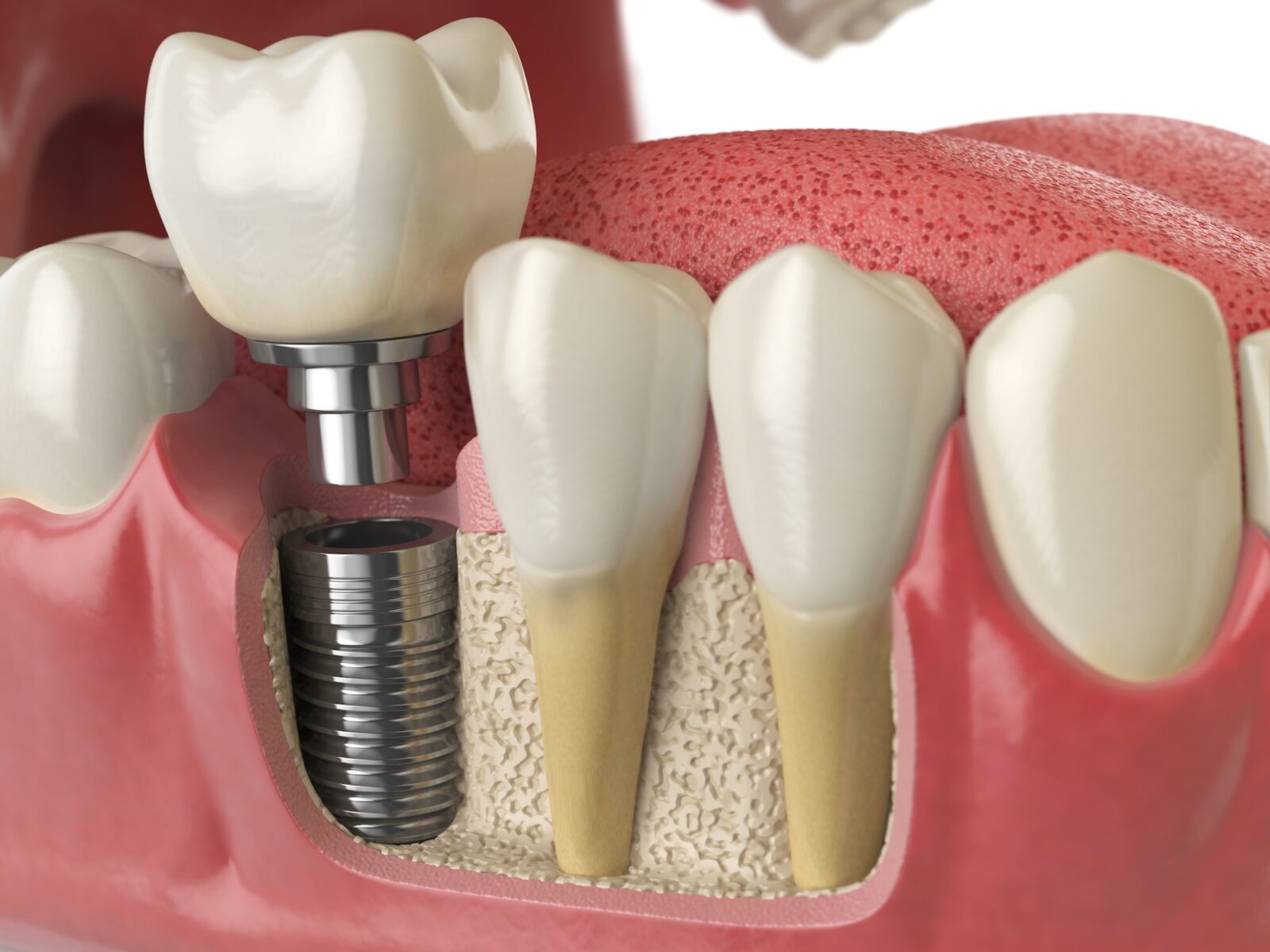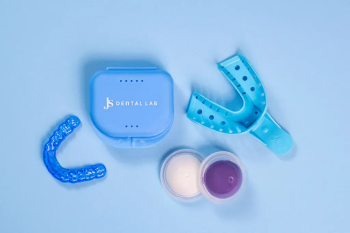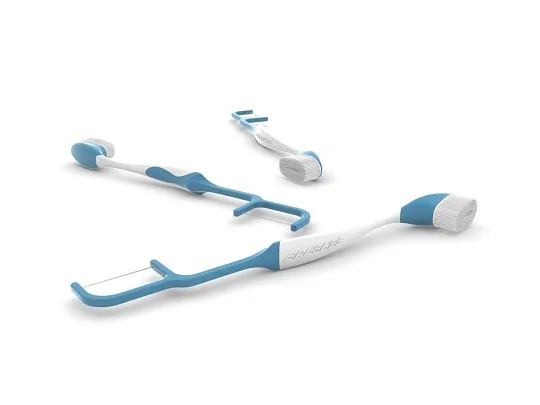Replacing missing teeth is an important part of maintaining your oral health. Whether you’ve lost a tooth due to an accident, an illness, or old age, there are now a variety of dental procedures designed to restore your smile and get you back on the road to good oral health. From bridges to dentures to implants, you can find a dental procedure that will work with your budget and lifestyle. With the right guidance and care, you can replace missing teeth and get back your confidence and self-esteem. Learn more about the different dental procedures for replacing missing teeth and how they can help you achieve a healthy, beautiful smile.
What are the different dental procedures for replacing missing teeth?
When you lose a tooth and don’t replace it, it opens the door to a whole host of dental problems. While losing a tooth doesn’t always mean you have to replace it, there are a few different options available to get your smile back on track. You can have a dental implant surgically implanted in your mouth that will fuse to your bone and provide a strong foundation for a replacement tooth. You can have a dental bridge constructed that will link two adjacent teeth together so you have a place to “park” a replacement tooth. Or you can have an overdenture placed on two adjacent teeth that will hold a replacement tooth in place.
What are the advantages and disadvantages of each procedure?

- Dental implants – The advantage of dental implants is that they provide a strong foundation for replacement teeth and are almost maintenance-free. They can last a lifetime and rarely need any additional care. The disadvantage, however, is that they are invasive procedures that are expensive and can require a long healing period
- Dental bridges – The advantage of dental bridges is that they are less invasive than dental implants (they don’t require surgery). The disadvantage, however, is that they require maintenance and can wear out over time.
- Oral overdentures – The advantage of oral overdentures is that they are less invasive than dental bridges and can provide a less expensive alternative to dental implants. The disadvantage, however, is that they are less sturdy than dental bridges and can be more difficult to clean.
What are the costs associated with each procedure?
- Dental implants – Dental implants are one of the most expensive dental procedures. The cost will vary depending on location, but dental implants typically range between $5,000 and $10,000.
- Dental bridges – The cost of dental bridges will depend on the number of teeth used for the bridge and the materials used to create the bridge, but dental bridges generally cost less than $3,000.
- Oral overdentures – The cost of oral overdentures will depend on the materials used, but overdentures generally cost less than $3,000.
What are Zygomatic Dental Implants
What is the recovery process and timeline?
- Dental implants – The recovery period for dental implants can be anywhere from a few weeks to several months. You must allow your mouth enough time to heal properly, but some people may be able to get back to their routines in a few weeks.
- Dental bridges – The recovery period for dental bridges depends on the type of bridge you receive. Some bridges can take less than a month for the gums and bone to heal, but others may take up to a year if bone grafting is required.
- Oral overdentures – The recovery period for oral overdentures will depend on the type of dental procedure used and how many teeth are being modified. You will need to avoid strenuous activities during the recovery period.
What are the risks associated with each procedure?
- Dental implants – One of the primary risks of dental implants is that they don’t always fuse with the bone properly. If the implant isn’t properly aligned, it can fail and cause complications. Another risk is infection. Dental implants go into the bone, so there is always a risk of infection. You can reduce the risk of infection by visiting your dentist regularly and washing your hands.
- Dental bridges – The primary risk of dental bridges is that you may need to have your teeth cleaned less often because you’re more likely to break the teeth. One risk of dental bridges is that they can break down over time.
- Oral overdentures – There is a slight risk that oral overdentures will cause damage to your teeth. You may experience some tenderness and sensitivity during the recovery period.
What are the long-term benefits of replacing missing teeth?

- Dental implants – Dental implants will fuse with the bone in your mouth and create a strong foundation for replacement teeth. You’ll be less likely to experience gum disease and other dental issues, and you’ll be able to eat the foods you enjoy without pain or discomfort.
- Dental bridges – Dental bridges will fuse with the surrounding teeth and provide a strong foundation for replacement teeth. You’ll be less likely to experience gum disease and other dental issues, and you’ll be able to eat the foods you enjoy without pain or discomfort.
- Oral overdentures – Oral overdentures will fuse with the surrounding teeth and provide a strong foundation for replacement teeth. You’ll be less likely to experience gum disease and other dental issues, and you’ll be able to eat the foods you enjoy without pain or discomfort.
What are the best practices for proper oral hygiene?
- Brush and floss your teeth regularly. This is the number one way to prevent gum disease, cavities, and other dental issues.
- Regularly see a qualified dentist. You should see a dentist at least once a year. If you are replacing a tooth, you should see your dentist more often.
- Eat a nutritious diet. Foods like green vegetables, fruits, and whole grains contain minerals that promote dental health.
- Limit your sugar intake. Sugar feeds bacteria in your mouth, which can lead to cavities.
What are the most effective ways to maintain dental health after a dental procedure?
After each dental procedure, you should follow these tips for maintaining your dental health:
- Avoid smoking and excessive alcohol. Smoking damages your gum tissue and can increase your recovery time. Excessive alcohol can irritate your gums and cause dry mouth.
- Get proper rest. Your body needs rest and recovery time after each dental procedure. Practice good oral hygiene. Brushing and flossing your teeth regularly can help keep your gums healthy.
- Visit your dentist regularly. Your dentist can help identify any issues with your gums and teeth and help you prevent future issues. Visit your dentist once a year for a routine checkup and cleaning.
What are the signs and symptoms of complications?
If you experience any of the following signs and symptoms, you may be experiencing complications.
- Pain – A dental procedure is typically not painless, but you should experience gradually increasing pain as your dentist works on your teeth. If you experience sudden, severe pain, it could be a sign that something is wrong.
- Swelling – Swelling is a natural occurrence after any dental procedure, but if you experience sudden swelling that doesn’t go away after 24 hours, it could be a sign of a complication.
- Redness – Redness in the gums and tissue is a normal part of healing after a dental procedure, but if your gums are overly red or you experience redness in other parts of your body, it could be a sign of an infection.
What resources are available for finding a qualified dentist?
Finding a qualified dentist is an important part of replacing missing teeth. You can find a list of dentists in your area by searching online or asking friends and family for referrals. You should ask dentists about the different dental procedures available, their qualifications and training, and their philosophy on dental care. You can also ask about costs and insurance so you can plan ahead and know what to expect.



